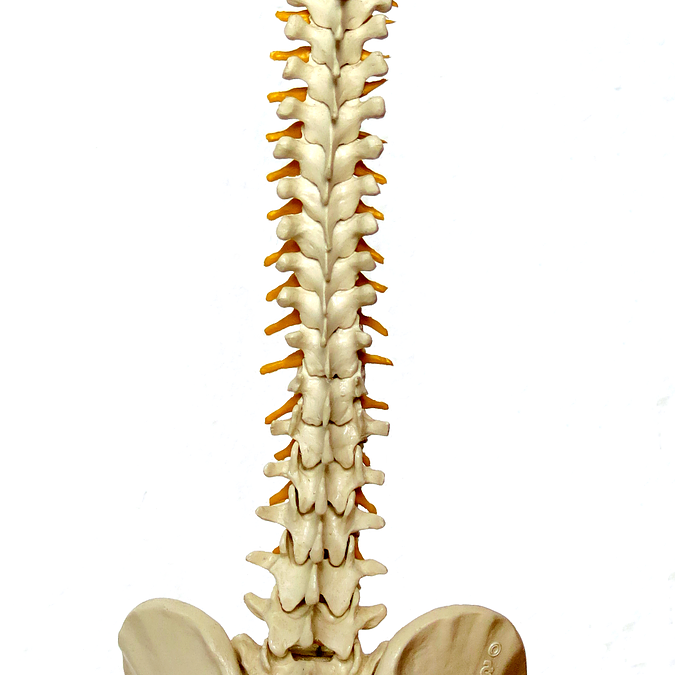While self-care is a mandatory practice, life has a way of presenting different types and levels of pain. Any pain, however small, causes mental and physical discomfort. It is even worse when the ‘small pain’ turns out to be a health problem.
Back pain is common even though more often than not many people tend to ignore it. Even though it is more common among a little older people, anyone including children and teens is at risk of developing back pain. Sometimes it comes suddenly and goes while other times it would last for a longer period. It could be chronic or just acute pain.
There several conditions linked to back pain including skeletal irregularities, muscle strain, arthritis, and ruptured disks among others. Other conditions include improper lifting, lack of exercise, excess weight and smoking. All these conditions reduce the flow of blood to the lower spine are other causes of back pain.
So when is the best time to see a doctor for back pain and what reasons should trigger you? In some cases, the pain could go away without treatment. However, you should not ignore any pain lasting for more than two weeks. Remember it could hinder the performance of your daily activities and possibly become tragic. It is not every time that we may have to go to the doctor. However, the following three tips could guide you on when to consult a spine specialist:
- Bowel and bladder problems
More often, people with back pain may suffer a loss of bowel or bladder control especially urination. This is signal enough to engage a spine specialist because it could result in other conditions if not attended to.
- Shooting pain down your legs or arms
Usually and if there is nothing serious, a little rest and some over-the-counter medicine should relieve the back pain. However, in case it persists, and you cannot tolerate it anymore, then you need to see a spine specialist. Sometimes, it could cause numbness and tingling of arms and legs.
Nonetheless, it is equally important to report any side effects from over-the-counter prescriptions. If you notice that pain gets worse during the night, you also need to seek urgent medical help.
- Fever and weight loss
Excess weight is one of the causes of back pain. However, if your back pain is accompanied by excessive weight loss and fever, visit a specialist (see Joshua S. Rovner, MD – Progressive Spine & Orthopaedics for example).
. A fever that is over 101 degrees is an indication that all is not well.
Nevertheless, you can also choose to implement some of the following tips to keep your shape and avoid occasional pain:
- Posture. Good posture gives your back proper alignment. Ensure your spine is not slouching. Sit in firm and high back chairs with armrests where you can rest your elbows. Have some support where your back curves.
- Exercise. Regular exercise will improve your overall fitness level. It does not have to be rigorous. Stretching, standing up now and then and aerobic exercises will give your back the care it deserves.
